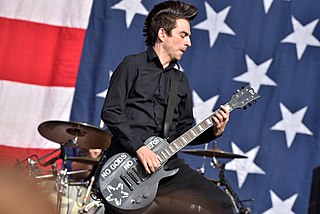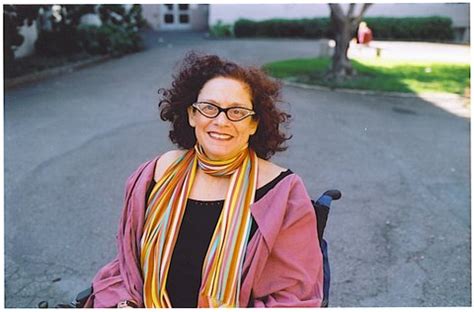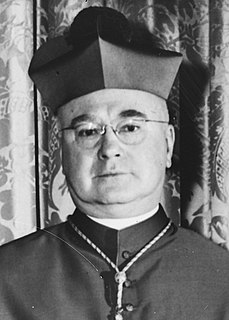A Quote by Noam Chomsky
In the 1960s, there was a point, 1968, '69, when there was a very strong antiwar movement against the war in Vietnam. But it's worth remembering that the war in Vietnam started - an outright war started in 1962.
Related Quotes
I think that the war on drugs is domestic Vietnam. And didn't we learn from Vietnam that, at a certain point in the war, we should stop and rethink our strategy, ask ``Why are we here, what are we doing, what's succeeded, what's failed?'' And we ought to do that with the domestic Vietnam, which is the war on drugs.
Most of us who were opposed to the war, especially in the early '60's - the war we were opposed to was the war on South Vietnam which destroyed South Vietnam's rural society. The South was devastated. But now anyone who opposed this atrocity is regarded as having defended North Vietnam. And that's part of the effort to present the war as if it were a war between South Vietnam and North Vietnam with the United States helping the South. Of course it's fabrication. But it's "official truth" now.
When I was arrested opposing the war in Vietnam in 1965, as I said about 20 or 30% of people were opposed to the war. By 1968, more than half of Americans were opposed to the war. If you pull in Europeans, Canadians, people from around the Third World, the war was vastly unpopular. But even half of Americans by 1968 opposed the war.
Truman fired the popular Gen. Douglas MacArthur because he disobeyed orders in the Korean War. Johnson knew that he had reached the endgame in Vietnam when Gen. William Westmoreland, the top commander in Vietnam, requested 240,000 more troops in 1968 for the prolonged war that also could not be won.
Every book that comes out, every article that comes out, talks about how - while it may have been a "mistake" or an "unwise effort" - the United States was defending South Vietnam from North Vietnamese aggression. And they portray those who opposed the war as apologists for North Vietnam. That's standard to say. The purpose is obvious: to obscure the fact that the United States did attack South Vietnam and the major war was fought against South Vietnam.
The Philippines and the U.S. have had a strong relationship with each other for a very long time now. We have a shared history. We have shared values, democracy, freedom, and we have been in all the wars together in modern history, the World War, Second World War, Cold War, Vietnam, Korea, now the war on terrorism.
































